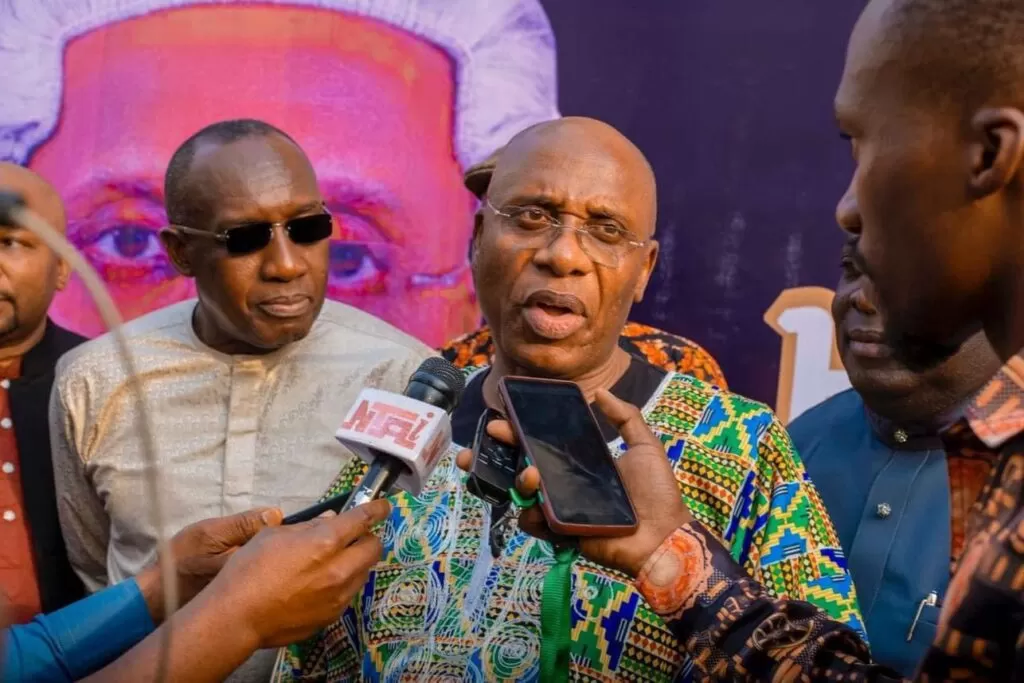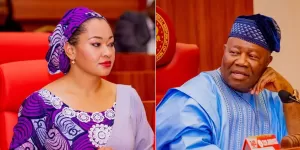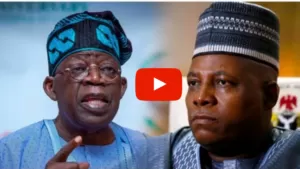Amaechi Questions Nigeria’s Silence Despite Economic Hardship

Rotimi Amaechi, a former Minister of Transportation in Nigeria, has publicly expressed his surprise and disappointment over what he perceives as a lack of significant public outcry or protest in response to the acute economic challenges facing Nigeria. Despite the country grappling with issues like soaring inflation, high fuel prices, and a general increase in the cost of living, Amaechi noted that the level of public discontent has not manifested in the widespread protests or visible public anger he might have expected.
Amaechi’s observations come at a time when Nigeria has been experiencing one of its most severe cost-of-living crises in years, which has led to protests in various states. These demonstrations have sometimes met with a heavy-handed response from security forces, leading to casualties and arrests. However, Amaechi’s critique focuses on the broader public’s reaction or rather, what he sees as a lack thereof, especially from the youth who are often at the forefront of social change movements.
The economic reforms implemented by President Bola Tinubu, including the removal of fuel subsidies and currency devaluation, aimed at liberalizing the economy and attracting foreign investment, have been contentious. While these measures were intended to stabilize the economy in the long term, they’ve immediately impacted the cost of living, pushing many to the brink.
Amaechi’s remarks might be seen as a call for more active civic engagement or even a reflection on the resilience or resignation of Nigerians in the face of economic adversity. His commentary could be interpreted in several ways:
- A Critique of Public Apathy: Amaechi might be suggesting that there’s a level of acceptance or fatigue among Nigerians concerning their economic conditions, where protests or significant public outcry are not seen as viable or effective means for change.
- Political Strategy: His statements could also be interpreted within the context of political maneuvering, where highlighting public silence might be a way to critique the ruling government’s policies or to position himself or his party for future political leverage.
- Social Commentary: Alternatively, Amaechi could be engaging in broader social commentary about the nature of protest, governance, and public engagement in Nigeria, questioning the threshold at which public patience turns into public action.
The situation reflects a complex interplay between economic policy, public welfare, and political discourse in Nigeria, where even the silence or perceived silence on such critical issues as economic hardship becomes a topic of national discussion and debate.







